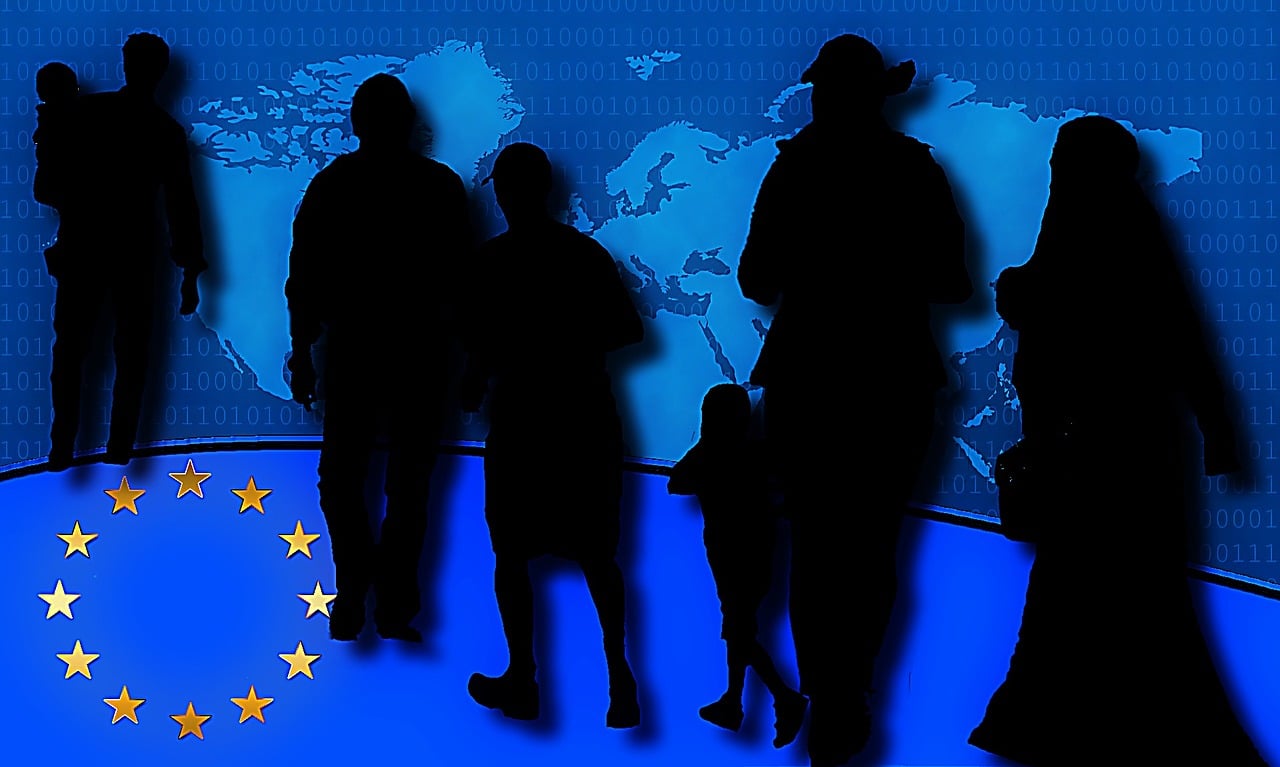ifa: How is culture and cultural education defined in China?
Lu Shizhen: For us, culture is a concept with many layers. First of all, culture means the sum of material and cultural goods which have been produced by a society. This includes material culture, institutional culture and psychological culture. Furthermore, culture means the complex entirety of the skills and customs a person acquires as a member of a society. This includes ideological values, science, literature, art and customs. Ultimately, culture means the individual's level of knowledge.
On the one hand, with this understanding as a background, cultural education means the passing on of material, institutional and psychological aspects. And on the other hand, passing on and developing the traditional, exceptional culture of the Chinese people.
'The task of cultural education consists of harmonising perceptions and actions'
ifa: What do you believe is the most important task of cultural education?
Lu Shizhen: In my opinion, cultural education rests on three basic requirements. First, the core of cultural education consists of the sustainable development of exceptional cultural value that humanity has created over millenia. Second, cultural education must see continuous development. Thus, it is also a hereditary process, which necessarily means renewal. Third, culture is the philosophy of life that permeates society and determines the behaviour of humans. Therefore, the task of cultural education consists of harmonising perceptions and actions.
ifa: Chinese cultural policy used to focus on political topics, nowadays economic efficiency plays an important role. Which influence does this shift of focus have on the development of cultural education in China?
Lu Shizen: I would prefer that Chinese cultural policy was seen as a development.
In China, the development of culture has been held in high regard since antiquity. Cultural education is deemed a basic requirement for harmony and stability. At the same time, it is a decisive factor for the claim to leadership of the Communist Party and its ideology. Since the reform and opening process, the fundamental aim is to develop the commercial value of the culture sector, to support the development of the cultural industries and to satisfy the cultural demands of the people. Culture is of great significance as a consumer good for the broad population. There is a steady demand for cultural products, but the core of the cultural development is not an industrial sector, and the ideal of cultural education in China comprises welfare and service.
Digitisation, Cultural education and 'Soft Power'
ifa: Which influence does the creative industry have on cultural education?
Lu Shizhen: The creative industry is of threefold importance to cultural education: First of all, innovation is the actual trademark of the creative industry. Second, passing on culture gives rise to inevitable conflicts as the creative industry is particularly guided by the mentality of the younger generation and its behaviour, and this generation absorbs it more easily. This is of great significance for passing on traditional culture. Third, cultural education and cultural development serve the development of cultural soft power. This is invigorating for society and rather favourable for the cultural industry. Social resources are integrated, and a better social and material basis is established for the further development of soft power.
ifa: In cultural education, digitisation generates huge value but also challenges. In your opinion, what challenges are schools facing with regard to digitisation?
Lu Shizhen: Digitisation means development and progress, and it also brings profound challenges. E-learning cannot fully replace practical tuition, as the students only make indirect experiences. E-learning makes it possible for students to evaluate information and to receive feedback, but it does not replace the students' own reflection. E-learning is based on a rich offer of information, which can dock on to the student's previous knowledge. But it does not replace the student's active thought process and reflection, or that he or she actively creates connections and develops his or her individual imagination. It also goes without saying that e-learning cannot replace direct human interaction.
However, self-discipline and self-organisation are the biggest challenges, as the student usually learns autodidactically. Therefore, students must develop a positive attitude towards lifelong learning, preserve their curiosity, rapidly structure and categorise acquired knowledge. They must be able to establish correct connections and then precisely filter the decisive aspects. They must make sure that they organise their own time and personal resources very well.
Digitisation – Opportunity for Educational Equity or uncontrollable Technology?
ifa: What have been the biggest challenges and risks in the context of the development of digitisation and education in China?
Lu Shizhen: China has seen rapid development in recent years and has really encountered several challenges in the process, in particular in the areas of passing on cultural traditions and developing a social value system. Problems arise whenever societies are changing rapidly. This applies to the passing on of traditional values and also of a social ideology.
With regard to education and culture, science in China is addressing three questions. First, how is it possible to help young people find a balance between the virtual and the real world. Second, how can the development of digitisation be addressed, how can the use of media be integrated into the curriculum and be made an aim of education; how can people who are educated in traditional cultures and are also equipped with the modern abilities of the information age be trained? Third, researching the opportunities provided by digitisation and the rapid reform of education are important issues so we can improve the way they correspond with the current demands and the particularities of young people.
The major reform that digitisation entails is that education becomes fairer and more harmonised on a global level, regardless of whether it is languages, the arts, philosophy or natural sciences. Thus, in the future, we must engage in an exchange about many other aspects.
Interview by Falk Hartig
Translated by Daniel Elsäßer, Peter Pritchard
1In the understanding of China's political leadership, culture is an instrument of politics, not an autonomous social production area. In this understanding, culture has above all educational and ideological tasks. When culture is being communicated the idea of cultural heritage that is thousands of years old is always part of the conversation, and current cultural policy is intended to reconnect with it. Culture is thus also a means of demarcation from the West and of defending China's position in the world. Cf. Kahn-Ackermann: Kulturelle Erziehung und Wertebildung. ifa: Stuttgart 2020.







